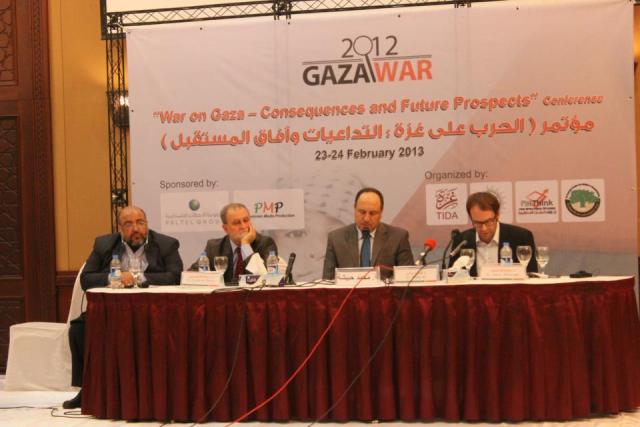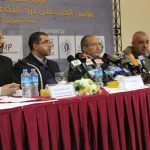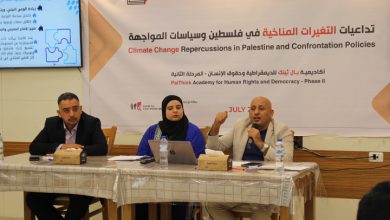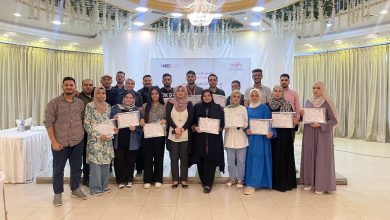Conference "War on Gaza – Consequences and Future Prospects"

[highlight]About the Conference:[/highlight]
On November 14, 2012, Israel with its back to the wall launched a large-scale military Operation calling it “Pillar of Defense” on Gaza, This unprecedented conflict in the middle east region was to last for 8 deadly days. The two main parties Israel and Hamas, refused to deal with each other directly but the ceasefire negotiations were conducted through intermediaries. The principal players in negotiating of the ceasefire were officials from the U.S. and Egypt acting as the facilitator on 21 November 2012 the ceasefire agreement distributed by the Egyptian presidency reads to end the Israeli brutal operation.
This conference sets out to analyse the causes and consequences of this atypical and a recent war on Gaza strip for both parties involved, but also the geo-political repercussions in the region after the aforementioned war.
The aftermath of the conflict, from the point of view of international relations and diplomacy is also a fruitful field of study and to be addressed during the conference. The conference will also focus on presentations of the war in the media and social media, and study the way different discourses on the conflict have been presented. The impact of the war on Palestinian in Gaza to be discussed in a number of debates on post-traumatic stress and its impact on Palestinian psycho-social life.
It will also be necessary to take a fresh look at the real challenges and issues of this Palestinian Israeli conflict: there are legal, geo-political, economic and strategic dimensions which have changed significantly after the Pillar of Defense operation and have become a major “field of experience”.
This cross-disciplinary and multinational conference is bringing together specialists of Middle East, North America and Europe to exchange views from different standpoints, to compare methods and approaches and contrast interpretations on a war which contains many paradoxes. This is a sensitive subject, which once been the headlines, and it seems to us that the only really legitimate attitude is to approach the complexity of this war (conflict and outcomes). And to study it with the critical tools of the humanities And to study and analyze this war and its impact on the short and long run on the region and the Gaza strip specifically, in the context of the ongoing conflict between the Israeli occupation and the Palestinian resistance.








